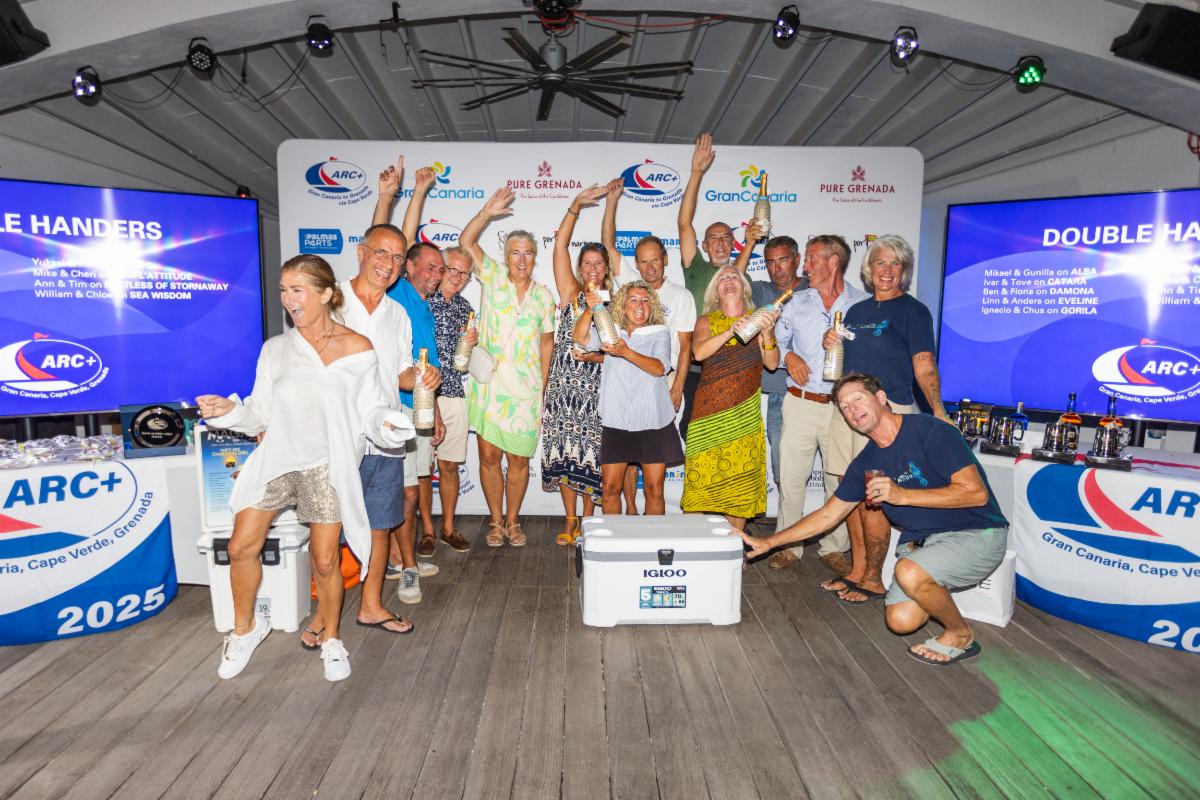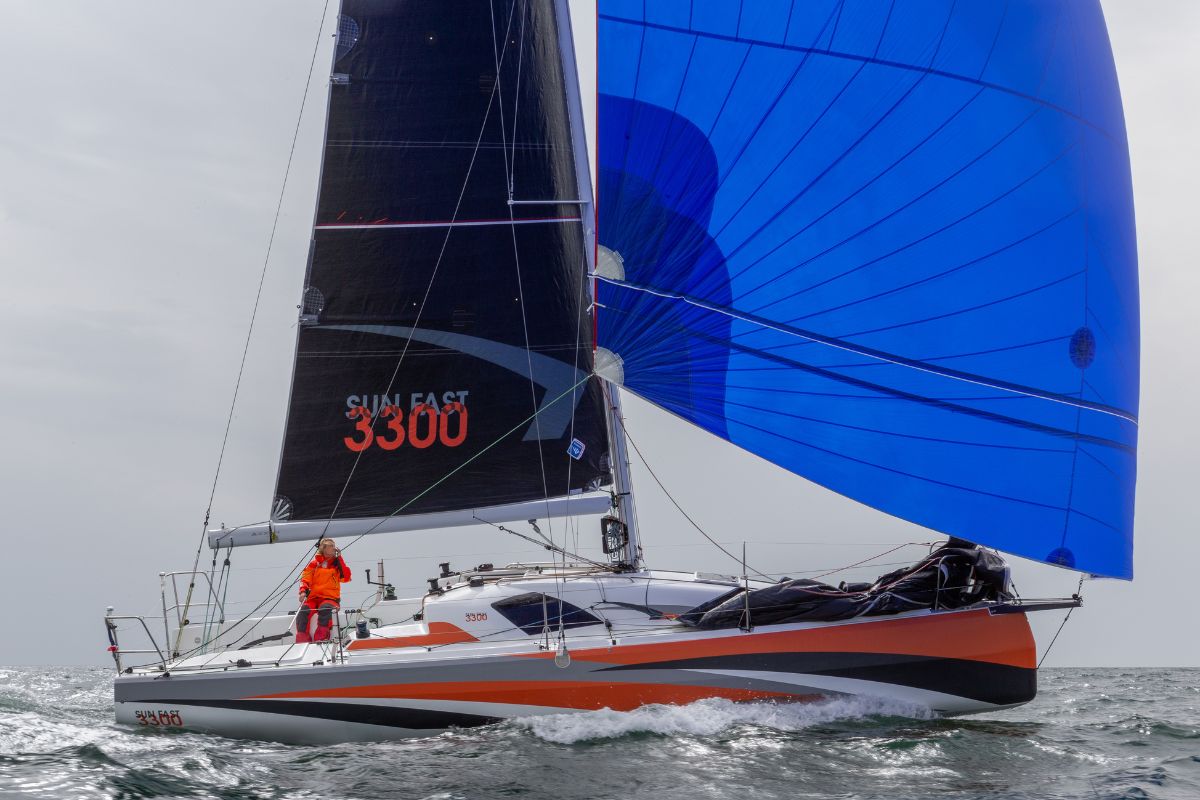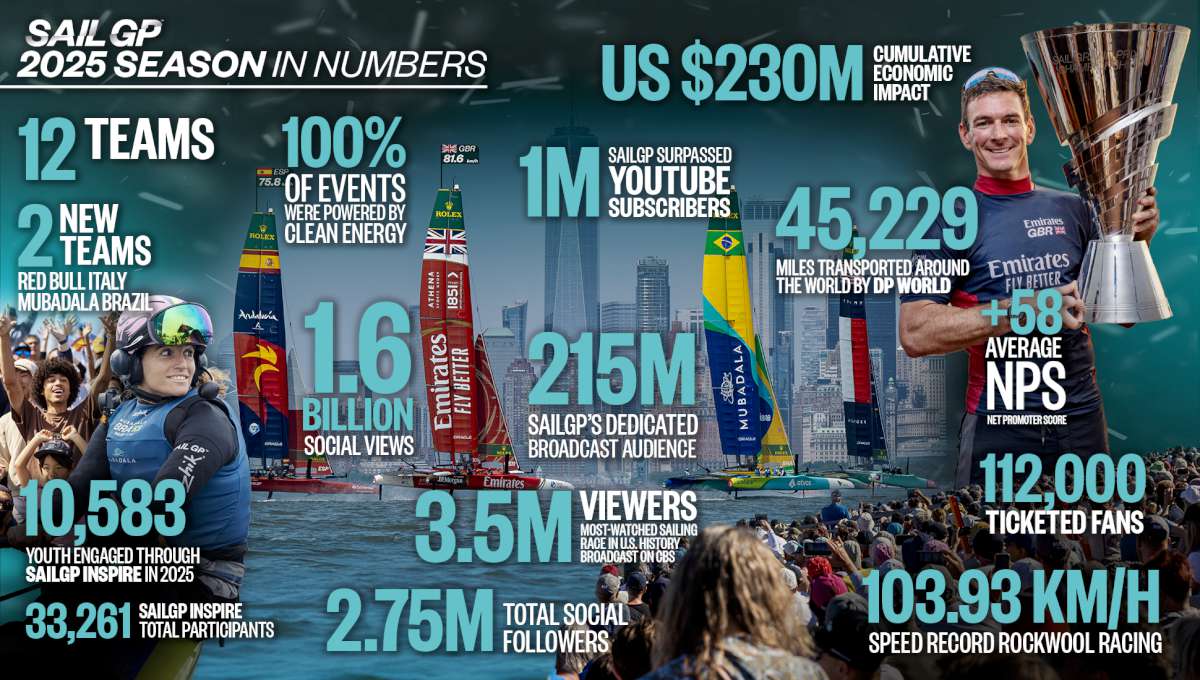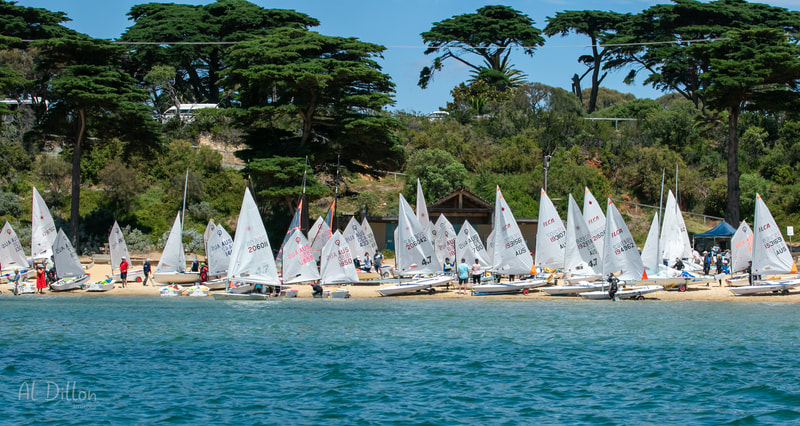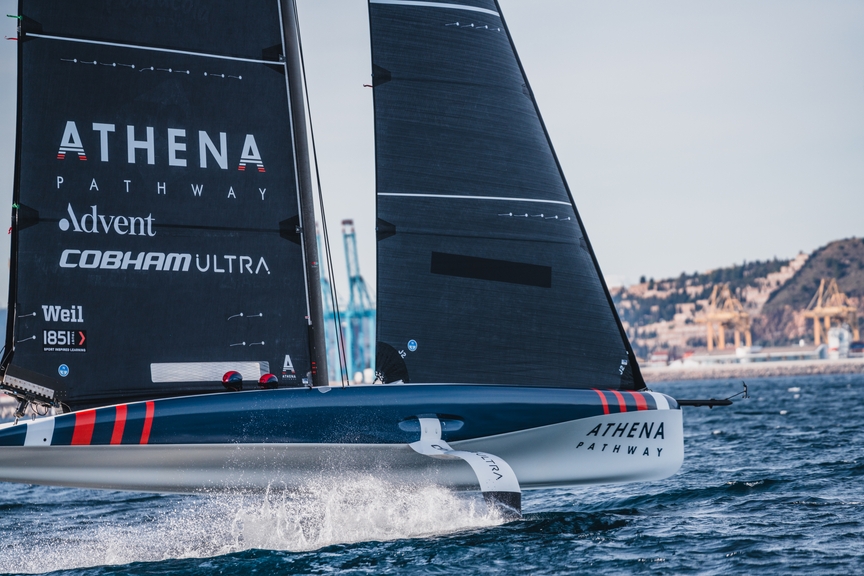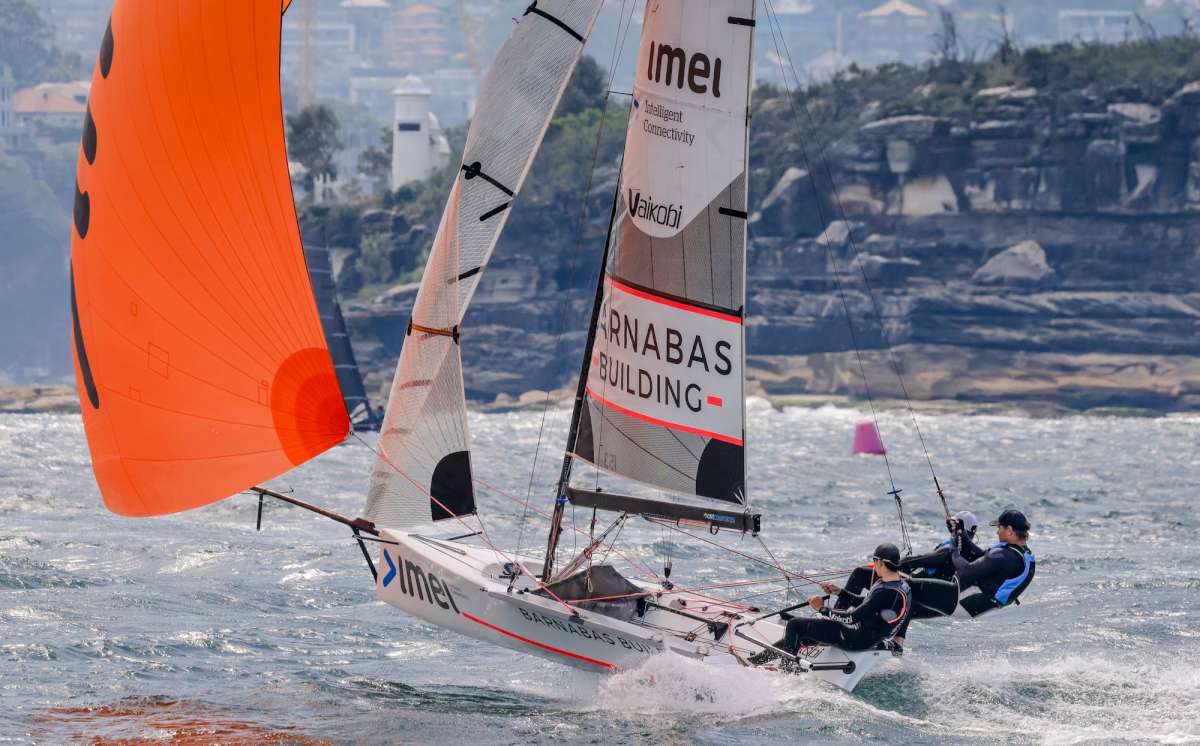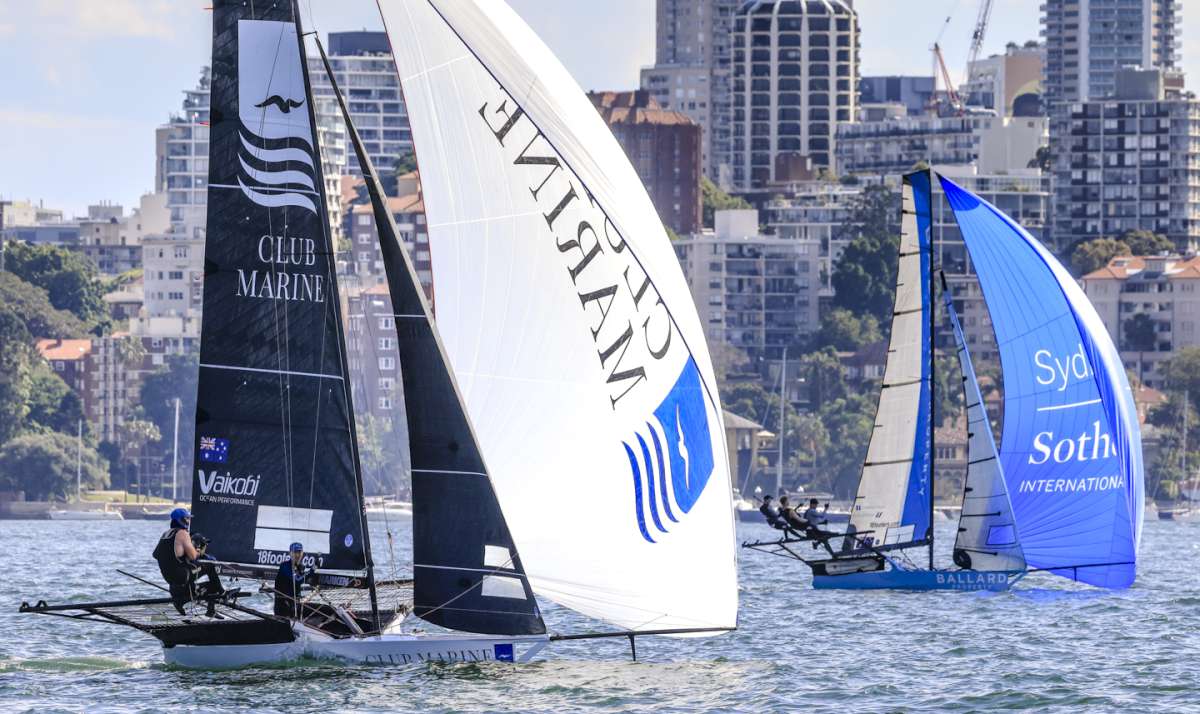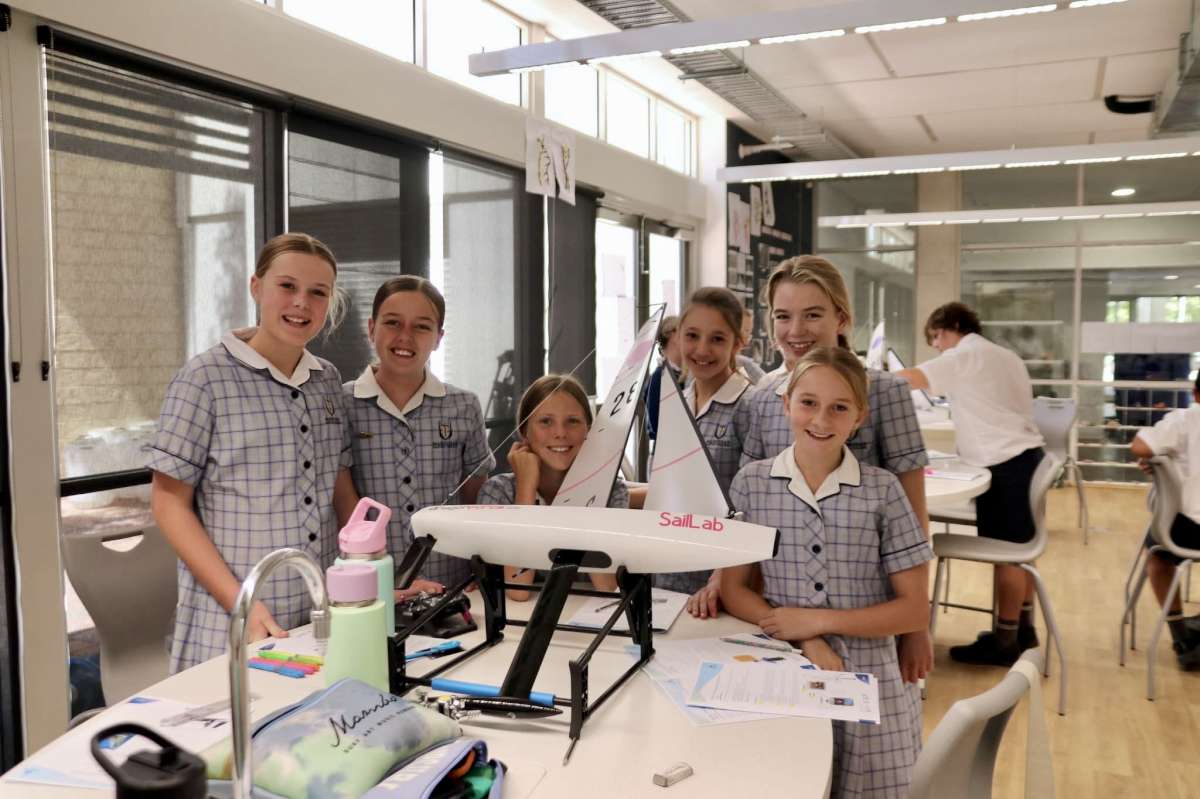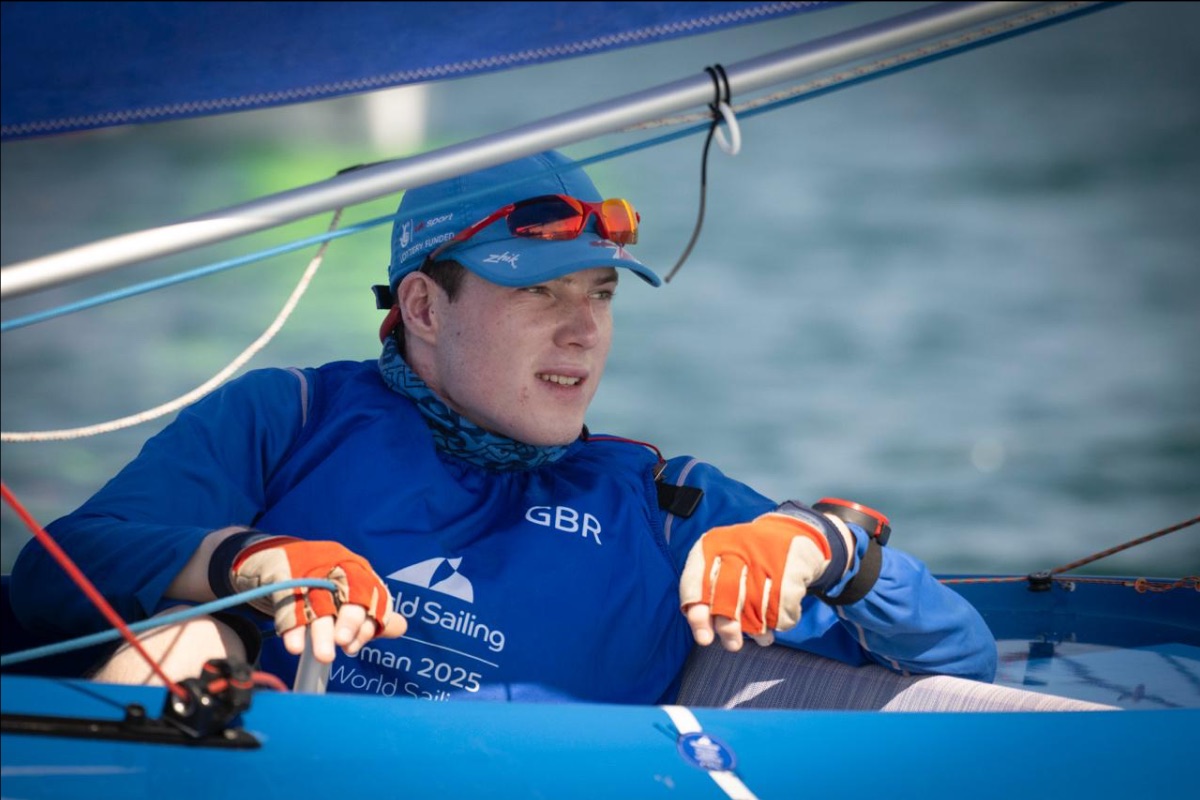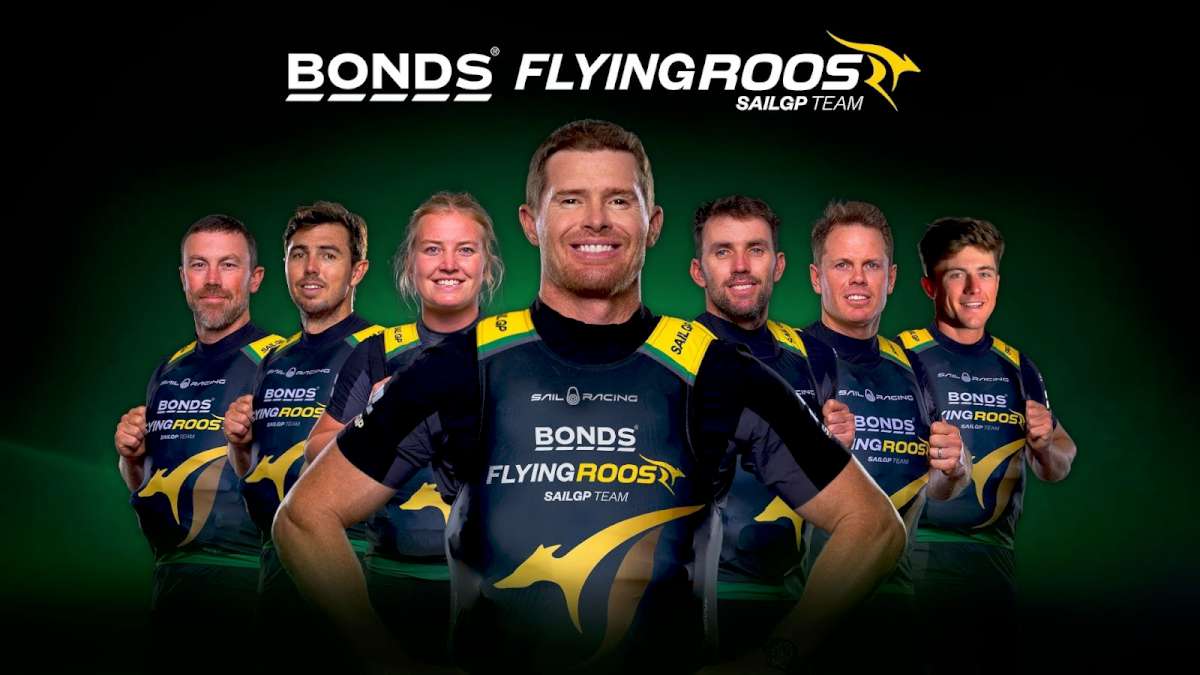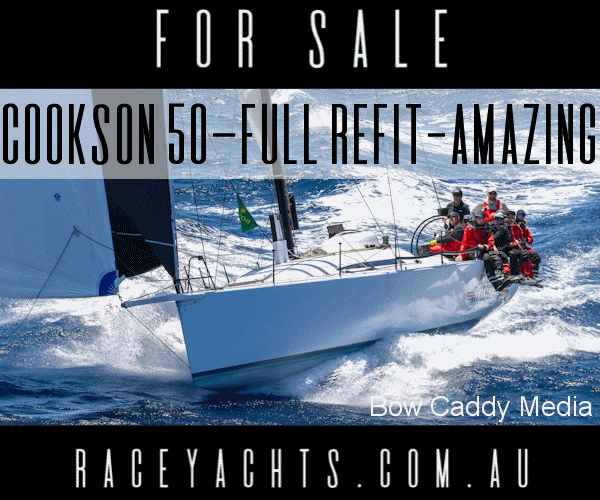A report released by Associated Press on Friday had the world's sailing media in a feeding frenzy. Despite repeated assurances from Rio 2016 authorities that the chronic pollution of the city's beaches was being addressed, AP claimed to have done independent testing that showed “athletes in next year's Summer Olympics here will be swimming and boating in waters so contaminated with human faeces that they risk becoming violently ill and unable to compete in the games”.
The report went on to claim that “AP's analysis of water quality revealed dangerously high levels of viruses and bacteria from human sewage in Olympic and Paralympic venues — results that alarmed international experts and dismayed competitors training in Rio, some of whom have already fallen ill with fevers, vomiting and diarrhea.”
AP said this was the first independent comprehensive testing for both viruses and bacteria at the Olympic sites and in some tests, disease-causing viruses measured up to 1.7 million times the level of what would be considered hazardous on a southern California beach.
Naturally, the media had a field day. Reports were published all round the world, alarming friends and family of competitors and inciting those who love to be outraged to post inflammatory comments on social media.
We all know there is a problem. We all want it cleaned up. And we will all keep pressure on the Rio authorities to do just that. But responsible journalists present both sides of the story. Some did, most didn't.
Testing
Malcolm Page, Australia's double Olympic gold medallist and head of ISAF's Media and Marketing team, told me that he had asked AP where the testing had been done. Initially they weren't able to tell him, but then came back and said it was “probably” in Marina de Gloria.
That's the launching area, and it is known to be filthy. But it's a long way from the race area. AP confirmed they hadn't been “out on the water”.
Britain's Guardian newspaper took a balanced approach, quoting Dr Richard Budgett, medical director for the International Olympic Committee. Budgett said that local organisers had followed testing procedures established by the World Health Organization that focus on testing for bacteria – but not for viruses.
“We’ve had reassurance from the World Health Organization and others that there is no significant risk of athlete health,” Budgett said. “Clearly there are going to be some individuals who have become infected, but it’s a matter of looking at the risk realistically and realising there are going to be a lot of competitions on these venues. We’ve got to hold things in perspective.”
ISAF on the Ball
Malcolm Page said that ISAF will have their own medical commissioner at the test event which starts on August 10. He will be in place to help team leaders and athletes. ISAF has also approved a budget for independent testing.
“Athletes health is still our number one priority,” Page said. He also outlined the efforts that are being made to solve the problems.
“For the last three months the Brazilian Authorities have been increasing their efforts. The Government bodies are testing on the International Standards. They are doing this every two weeks and the results are still meeting these standards.
“They have also committed to moving the sewage pipe in Marina de Gloria by November this year, well ahead of the Games.
“A $US11 million dollar tender was implemented to get better and more ecobarriers and ecoboats (to overcome the problem of floating debris). They are using satellite imagery to help with the objects. ISAF has also been granted extra race areas for this year's test event. Obviously using these courses will give us flexibility and the sailors knowledge and preparation on these courses, just in case they are used in next years Games.”
Page also pointed out what local Brazilian sailors, swimmers and rowers have been saying every time these reports hit the media. They have been competing at these venues for years and they never get sick.
“Rio has hosted Finn and Star world championships and the Pan American Games, says Page. “All these events were held before any Olympics were awarded and any work was done on the city's water treatment.
“The water quality has improved every year thus far. I am not saying that makes it OK. I'm not a scientist. But ISAF has been very happy with the efforts of late from the Brazilian authorities.
“Of course we implore them to give continued maximum effort to this issue towards the games, obviously for the good of the athletes and this will leave a great legacy for the city after the Olympic Games.”
Don't Move
A cynic could accuse Malcom Page of simply parroting the party line. But that cynic obviously would not know the man. Page is one of the most principled people you could ever meet and he would not risk the health of his friends and former team mates under any circumstances.
He and I have discussed the subject at length, both face-to-face and via email, and I know that if Malcolm finally thinks ISAF has failed to provide a safe and obstacle-free sailing area for the Olympics, he will put his hand up and say so.
However, from all reports none of the sailing teams wants to move the venue. The Guardian reported Gary Jobson, a former president of US Sailing and now a vice-president of ISAF, as saying that officials haven’t heard any calls to move the Olympic regatta.
“None of the teams have asked to move. All the national authorities, not one of them has said: ‘We need to move.’ No competitor is making noise about this.”
They also reported that Aiko Saito, manager for Japan’s sailing team, said she did not want to move.
“Change the venue – what do you mean?” she asked. “We have done a lot of work here so I hope the Olympics are happening here. We don’t want to move.”
While agreeing that they don't want to move, all sailors we've spoken to and seen reported are obviously not thrilled at the current state of the water. Windsuring medal prospect Blanca Manchon (ESP) described the water in Guanabara to the Guardian as “really bad”.
“I’m like (spitting) all the time when the water washes on me,” she said. “It’s the worst place. I’ve never seen a place so dirty. The water is black.”
Tom Burton, Australia's Laser representative at the test event, was a bit more moderate. He said, “Its a touch brown at times, but the sailing is great.”
The Australian View
I also asked the Australian Sailing Team's Performance Director, Peter Conde, for his take on the situation. He confirmed that the team doesn't want the venue moved, as they've been racing and training on the Olympic courses for two years.
“We are just getting on with sailing here and managing the issues. We are certainly not campaigning to have it moved at this stage as some PR and media people are doing at the moment.”
“I think the quality varies a lot,” Conde said. “It varies geographically so that the stagnant parts of the bay are very bad with sewerage all of the time and it is best to avoid these areas. Where we launch into the Marina da Gloria is putrid from raw sewerage that flows into this small basin. We are told that this sewerage will be permanently diverted before the Games and that work on this is well progressed, although I can’t verify that.
“Fortunately, where we race is pretty well flushed from the ocean and therefore it varies from 'not too bad' to 'pretty ugly' depending on the tidal cycle and the amount of rain that has washed garbage and effluent into the bay.
“So we have to be prepared for the worst and we have to take lots of precautions from a health perspective. Given that we avoid the worst areas and take precautions, the main danger is the impact on fair racing given that hitting a large object (TV, couch, dead animal) or catching a plastic bag on your foils can ruin your race or even damage the faster boats.
“So in summary, we can race here; it will be better when they have eco-boats collecting rubbish from the tide lines before racing; and the more that can be done to clean it up, the better for racing.
“However, the water quality is clearly very poor from an ecological point of view and the chance to influence the government and local authorities to clean up the Bay for the long team as a legacy from the Olympics should not be missed.”
So there you have it. There is certainly a problem with the water quality in Rio and the world's media has an obligation to keep the issue to the forefront and to ensure that authorities don't take the easy way out.
We have to hold them to their deadlines and we have to see evidence that progress is being made.
But we also need to avoid sensationalism just to sell newspapers or increase web clicks. The issue is much more important than that. Here at Mysailing, we'll keep checking the facts and asking people whom we trust to tell us the truth, to confirm that progress is being made.
If it isn't, we'll rip into them.
– Roger McMillan, editor






